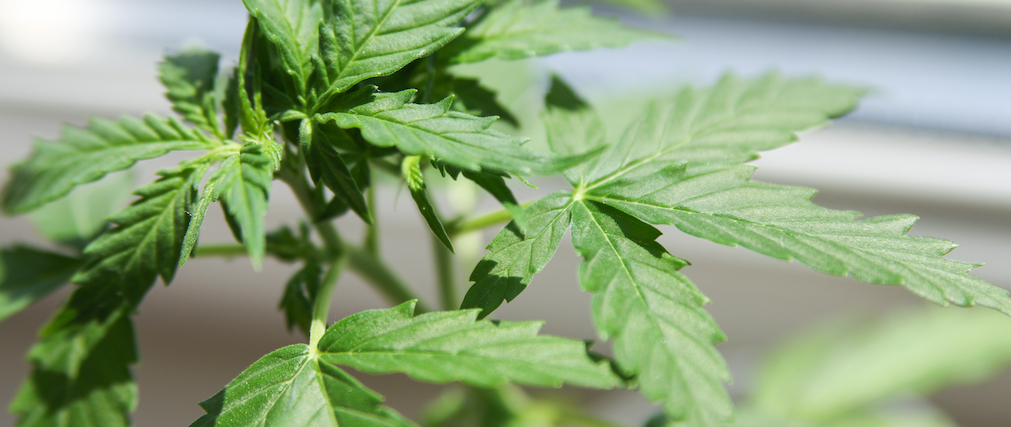11.21.2025
Sausage casings bulletin, November 21, 2025

...

Hemp stakeholders have yet to discover the scope of engagement between various federal agencies and the hemp industry. Yesterday’s Hemp Bulletin commentary about USDA Secretary Tom Vilsack’s intent to focus on revenue generation for farmers through more lucrative carbon markets, or converting agricultural waste to useful products, covers just one aspect of his role, and the agency’s intersection with hemp. The industry has suffered steep declines in hemp prices, and the Secretary has tools to address both the near and long term issues that influence a hemp farmer’s profitability. As noted below, the Secretary could impact hemp prices by increasing investor confidence in emerging segments like hemp fiber.
Vilsack is limited by resources he can mobilize without congressional approval, though farm programs could provide common ground to the 117th Congress. Limited is perhaps not the best way to describe the resources available to Vilsack. It leaves the Secretary with vast resources he can bring to bear on issues like climate change or community development, both of which offer funding possibilities for hemp projects.
The scope of USDA programs and market assistance has yet to emerge simply because they are in a conceptual phase. There will be considerable ongoing debate over priorities, with a diverse constituency to serve in agriculture. Hemp is not the only industry looking to jump on the USDA funding train. Hemp does have very active and engaged stakeholders at a level not seen in other specialty crops, an incidental aspect of the passionate activists that helped to effect hemp legalization.
Vilsack has said that he wants to target pandemic related funds more effectively and address groups that were left out of CFAP funding, or other agency programs. Black farmers have notoriously been disfranchised over the years by USDA programs, facing considerable obstacles compared to their white farming neighbors. This has been well documented, and offers another avenue of potential support for black hemp farmers.
All of USDA’s activity is related hemp supply and does not provide sustainable long-term demand for hemp and derivatives. USDA programs will be essential to getting the sector off the ground, but markets will need to carry the crop for the long haul. Funding for post-harvest projects can stimulate demand. If companies that are entertaining using hemp in their production see potential long-term support from the agency, it will increase investor confidence and help to prime that segment.
FDA continues to be the biggest barrier to demand, and the cannabinoid segment is eagerly awaiting any indication as to the agency’s movement on CBD. The most recent enforcement action from FDA came in the form of warning letters to CBD operators that provides some insight into the agency’s thinking. The warning letters were from the Division of Pharmaceutical Quality Operations IV, a department we have yet to see engagement on these issues. The letters detailed aspects of operator’s production that don’t meet cGMP (Current Good Manufacturing Practices) standards. GMP is used liberally in the cannabinoid segment and there are many more companies that will require ‘guidance’ from FDA in the form of enforcement.
Consistent with previous enforcement action, the agency scrapes all relevant data from the companies’ social media or other online assets to support their claims about improper marketing of CBD products. The recent warning letters cite misbranding, poor testing procedures, and a lack of documentation for various processes. FDA is making a statement about product safety and taking action against manufactures that do not meet the standards adhered to by dietary supplement companies.
FDA could be instrumental in purging the industry of bad actors, and well-intentioned companies will also be targeted by the agency. How the agency prioritizes enforcement remains unclear, but this recent action is more evidence of a product safety approach, rather than the intentional regulatory vacuum we’ve seen to date. The attention to detail and discipline needed to maintain GMP’s is not within the grasp of all operators in the CBD space.
CBD companies have had wide latitude over the years, and some have done an admirable job at setting high standards for themselves. The cost of production will not be sustainable for some current operators who did not factor in the overhead needed to properly administrate and document a GMP operation. Better funded companies are well positioned for this type of oversight, as they intended.
There will be some industry casualties as FDA bears down on companies that aren’t able to meet GMP standards, but for now the enforcement is lower hanging fruit. Companies are desperate to use health claims in their marketing, and do so obliquely, or in these cases, combined other active ingredients with CBD, and attempting to pass the CBD off as an inactive ingredient.